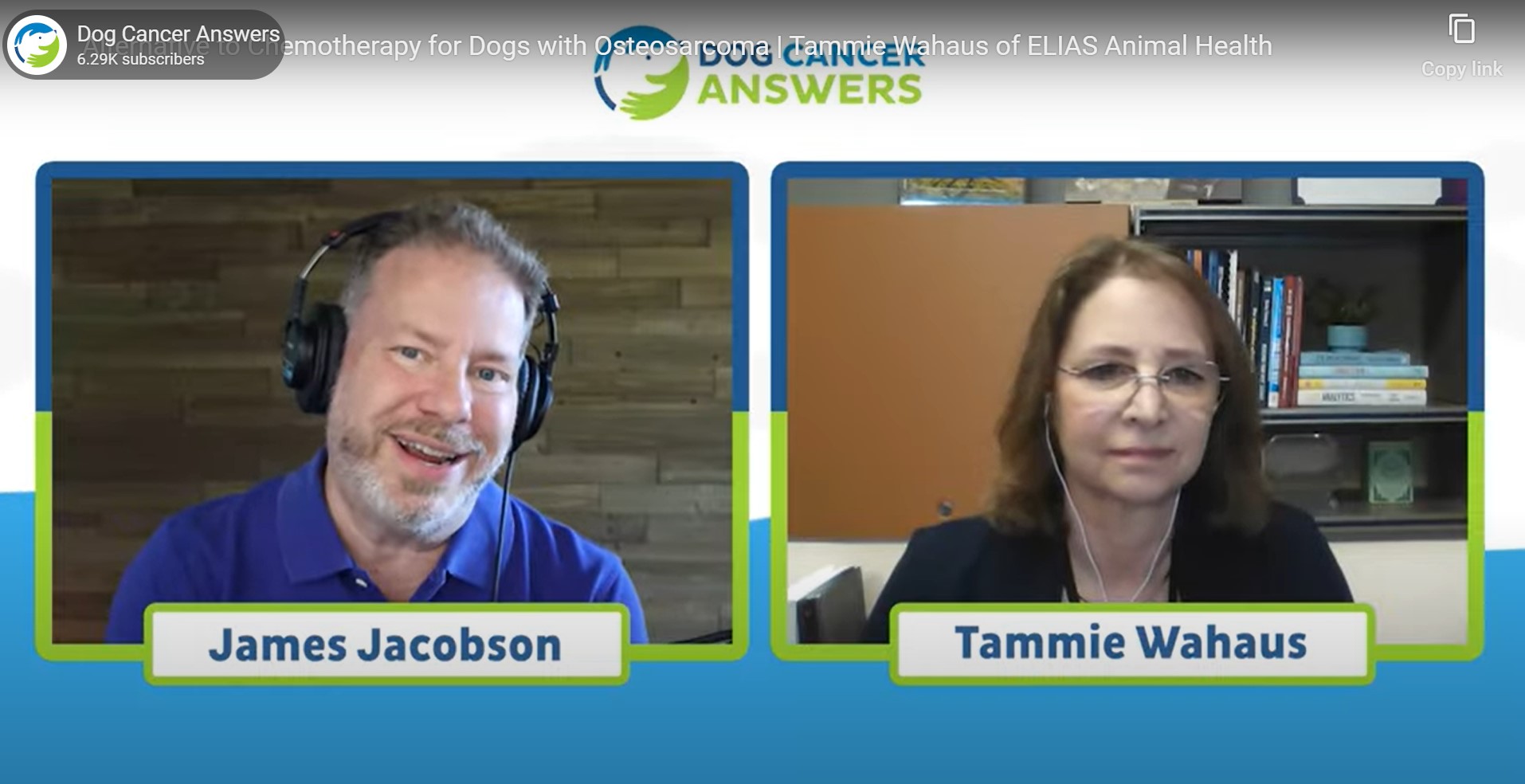The Body’s Inner Army: How Immunotherapy Trains the Immune System to Battle Cancer
Cancer immunotherapies are treatments that help a patient’s own immune system find and destroy cancer cells. Normally, the immune system might not recognize cancer cells as a threat, but these therapies condition or “train” immune cells to spot certain features – called antigens – that are found on cancer cells. Once trained, the immune cells work together to target and eliminate the cancer. There are different types of immune cells, each with their own job. Let’s look at some of these cell types and the role they play in immune system function. First Line of Defense: Monocytes, Macrophages, and Dendritic Cells Monocytes, macrophages, and dendritic cells are key immune cells that act as the body’s first line of defense, quickly detecting and neutralizing threats while also helping to activate the rest of the immune system for a more targeted response. Monocytes travel through the bloodstream and are quick to respond [...]









